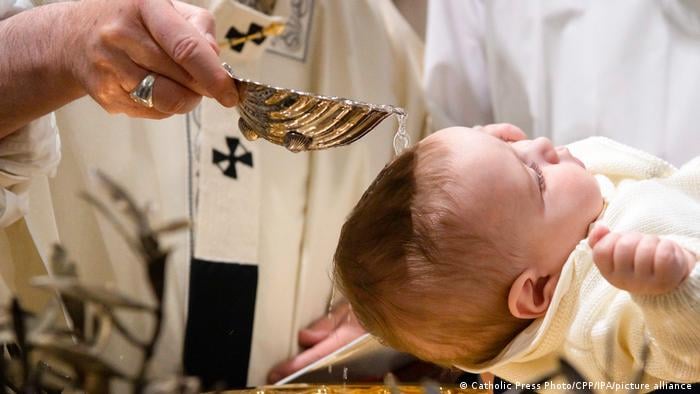Word for Wednesday... Regulations
All these regulations refer to things that perish with use; they are simply human commands and teachings. These have indeed an appearance of wisdom in promoting self-imposed piety, humility, and severe treatment of the body, but they are of no value in checking self-indulgence.
Colossians 2:22-23
After serving in pastoral ministry for several years, and administering the sacrament of communion on at least one hundred different occasions, it was brought to my attention that I had been saying the liturgy wrong; well not the entire liturgy, but one word of it. Instead of saying “This is the body of Christ, given for you,” I was saying, “This is the body of Christ, broken for you.” It may seem insignificant, but the Biblical narrative of Christ’s passion emphasizes that none of his bones were broken, which is not typical for people who are put to death through crucifixion. This was believed to be in fulfillment of Old Testament prophecy. As we read in John’s gospel, “These things occurred so that the scripture might be fulfilled, ‘None of his bones shall be broken’” (John 19:36). In light of this revelation, I made the correction moving forward, but it never occurred to me that somehow God’s grace had not been extended as a result of my error.
I was reminded of this while reading an article recently about a Catholic priest in Arizona who was found to be saying one incorrect word while administering the sacrament of baptism, only in his situation the consequences have been far more severe. Instead of saying, “I baptize you in the name of the Father and of the Son and of the Holy Spirit,” he said “We baptize…” According to the Catholic Church this means the thousands of baptisms he performed over the course of his more than twenty-five year career have now been rendered invalid. Since Catholics believe baptism allows the believer to participate in the other sacraments, such as communion and marriage, it means those sacraments have been rendered invalid too, and may need to be repeated as well, after the individual has been baptized correctly. The article didn’t say, but I wonder what this means for those who were baptized by this particular priest and have since passed away. Will this put their salvation in jeopardy?
I think an argument could be made, using Scripture, that “We” could be an appropriate word to use, given that the Great Commission was given to the Disciples collectively, and one just one individually. I could also point to Augustine, one of the early Church fathers, and his suggestion that the validity of a sacrament found its source in God, and not in the perfection of his human representatives (for more on this see “Donatist Controversy” and “ex opere operato”). But my purpose here is not to vilify the Catholic church or argue against their action—I have much respect and admiration for them—but rather to make the point that we humans have a tendency to impose rules, requirements and regulations that, while well-intentioned, can actually hinder the Gospel and get in the way of the work God wants to do in the world. The passage quoted above, though it refers primarily to dietary restrictions that some early believers were imposing upon others, provides us with a perfect example. Whenever we feel the urge, or believe we have the authority, to start defining what it means to follow Jesus and live in relationship with him, let’s be absolutely certain that we are taking our cues from God and not from ourselves or our traditions.

